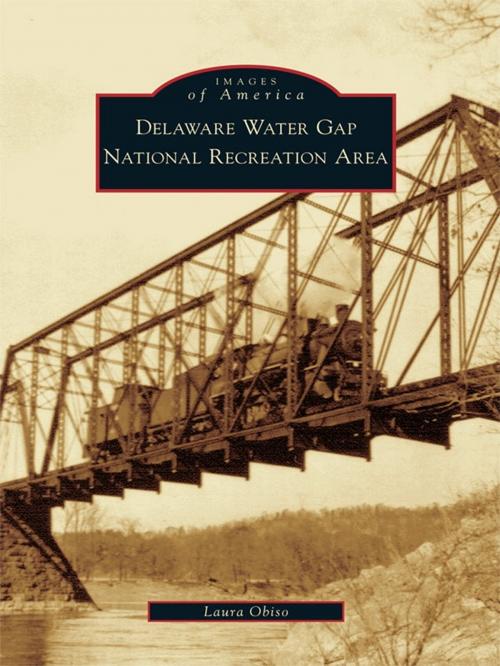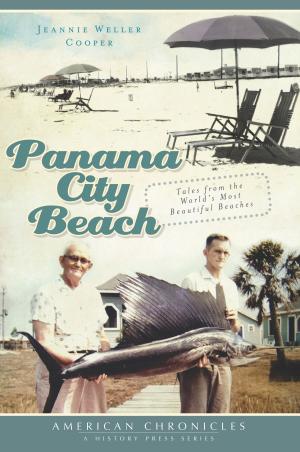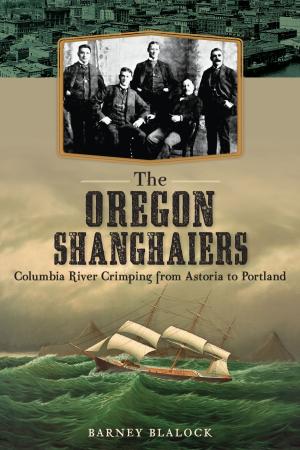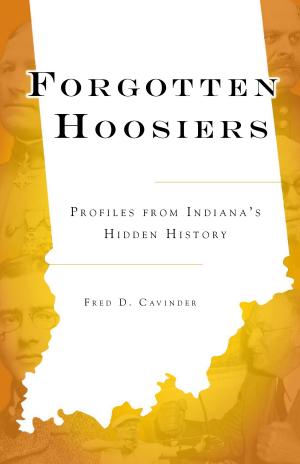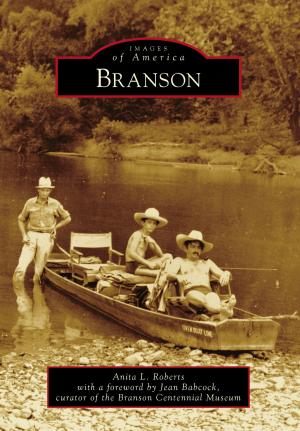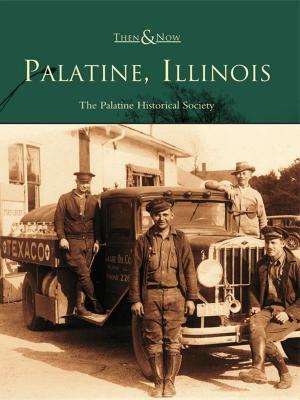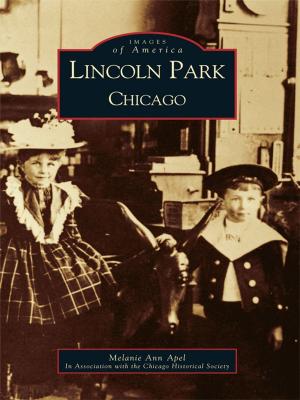Delaware Water Gap National Recreation Area
Nonfiction, Travel, Lodging & Restaurant Guides, Parks & Campgrounds, United States, South, Science & Nature, Nature, Environment, Environmental Conservation & Protection| Author: | Laura Obiso | ISBN: | 9781439620052 |
| Publisher: | Arcadia Publishing Inc. | Publication: | April 28, 2008 |
| Imprint: | Arcadia Publishing | Language: | English |
| Author: | Laura Obiso |
| ISBN: | 9781439620052 |
| Publisher: | Arcadia Publishing Inc. |
| Publication: | April 28, 2008 |
| Imprint: | Arcadia Publishing |
| Language: | English |
Europeans first settled in what was to become the Delaware Water Gap National Recreation Area (DWGNRA) in the 17th century. By the late 1800s, the Delaware Water Gap had become a popular vacation spot, attracting thousands to the palatial resorts in the mountains. Rural communities thrived in the valley until the 1960s. The DWGNRA was created in 1965 to oversee activities centered around a reservoir that was to be the result of a dam to be built on the Delaware River at Tocks Island. In anticipation of the dam, the government removed residents by purchasing or condemning property. An environmental and political war raged, and the dam was ultimately defeated. Although several historical sites were lost, many survived and a few have been restored. Today the DWGNRA is one of the country�s most popular parks. Within its boundaries are rugged and beautiful wilderness, historic landmarks, and the wild and scenic Delaware River.
Europeans first settled in what was to become the Delaware Water Gap National Recreation Area (DWGNRA) in the 17th century. By the late 1800s, the Delaware Water Gap had become a popular vacation spot, attracting thousands to the palatial resorts in the mountains. Rural communities thrived in the valley until the 1960s. The DWGNRA was created in 1965 to oversee activities centered around a reservoir that was to be the result of a dam to be built on the Delaware River at Tocks Island. In anticipation of the dam, the government removed residents by purchasing or condemning property. An environmental and political war raged, and the dam was ultimately defeated. Although several historical sites were lost, many survived and a few have been restored. Today the DWGNRA is one of the country�s most popular parks. Within its boundaries are rugged and beautiful wilderness, historic landmarks, and the wild and scenic Delaware River.
